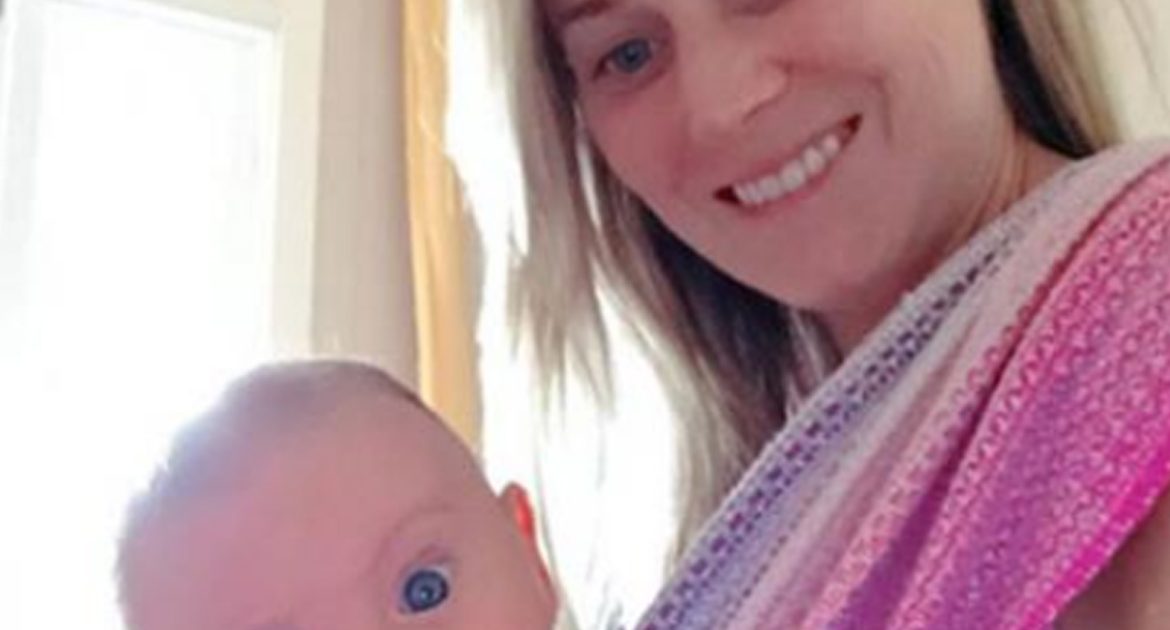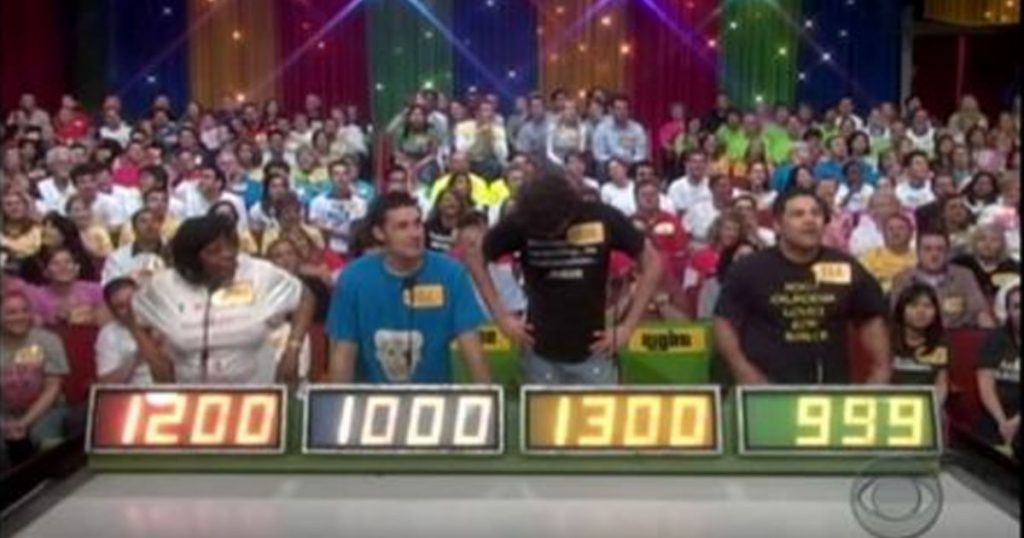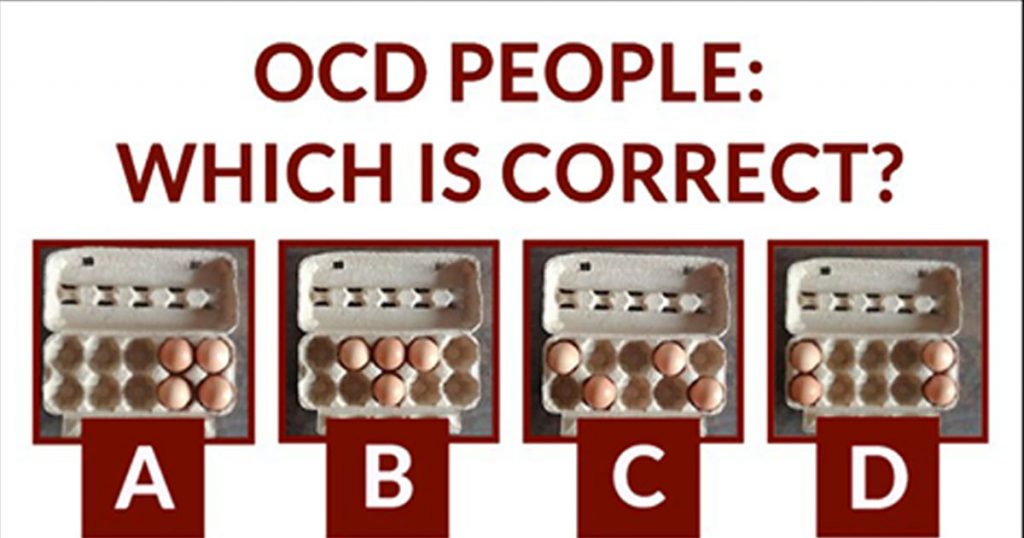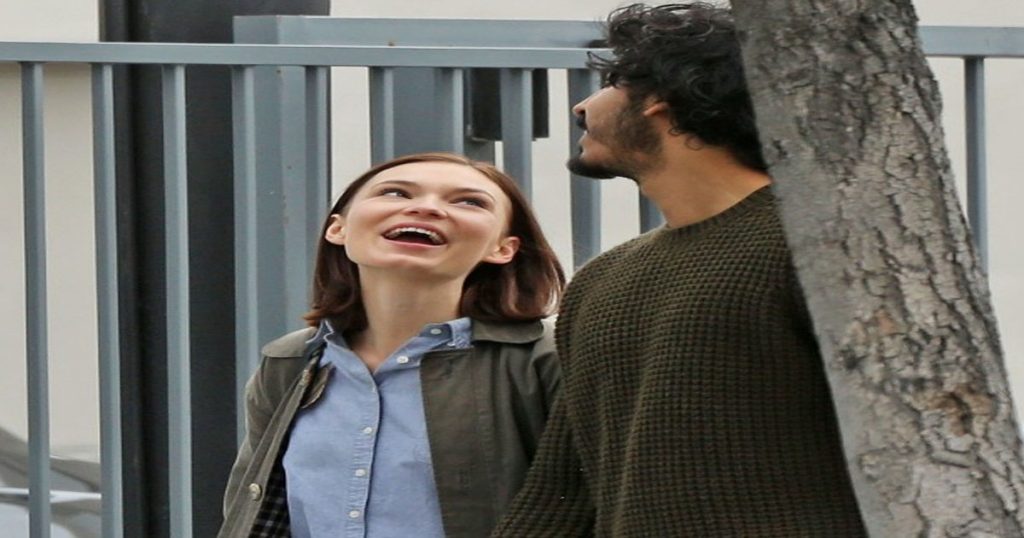A mum has revealed that she refuses to put her two-week-old baby in nappies, choosing to toilet train her from birth instead.
Cindy Lever, from Queenstown, Australia, has opened up about her parenting choice to go on a ‘journey of elimination communication (EC) which we have been sharing with our baby since her birth.’
Elimination Communication is a practise in which a parent or caregiver uses signals, timings and cues to understand an infant’s toilet habits so that they can provide them with the means to skip nappies and toilet train straight away.
Also known as Natural Infant Hygiene, Cindy says that this practise is used all over the world, but ‘has been lost in the west’.
In a post for The Daily Mail, the blogger and journalist explains that babies don’t ‘naturally want to soil themselves’.
‘Babies are no different from adults and naturally don’t want to soil themselves. Using a nappy is something they get used to when their cues to go the toilet are not heard or understood.
‘This instinct is then lost altogether at about six months old if it has been ignored.’
Posted by Cindy Lever on Sonntag, 12. Februar 2017
Cindy explains that many people think babies are unable to communicate when they need the toilet, but that ‘just as they can let us know when they are tired, hungry or when they have wind, if we slow down and tune in it is possible to read their toileting needs too.’
For this mum, it’s a mix of ‘common sense, instinct, timing and listening to my baby’ that helps her feel in tune enough with her daughter’s needs to know when she needs to go.
But sometimes Cindy admits it’s easy to miss those cues, ‘I will then kick myself for ignoring her vocal and physical cues.
‘These cues can be lots of squirming with vocal cries/grizzling which becomes more desperate the longer I take to respond to her.’
According to Cindy, babies have toilet routines just like adults and for her little one it’s lots of wees in the mornings.
‘With Chloe for example this means frequent wees in mornings. Sometimes I will think to myself, «Oh you can’t possibly have to go again, you have just been.»
But I have learnt if it’s in the morning she generally does.’
If you’re wondering exactly how you would take a two-week-old baby to the toilet, Cindy says the sink is just the place and that communication is everything.
‘I hold my baby over the sink; that way we can both see in the mirror.
‘I can see what she is doing with her face and body to tune in to her cues. I then say ‘wee, wee’ and make the sound ‘psss’ so this cues her to go to the toilet. If it’s a poo I say ‘poo, poo’.
‘Using these cues means that I can communicate with her as she gets older and she will know that it is okay to go to the toilet.’
Posted by Cindy Lever on Dienstag, 24. Januar 2017
And if Cindy misses her daughter’s cues, she tries to help Chloe understand what’s happened before having a giggle about it.
‘If I misread her or can’t get to her in time and discover she has done a wee I talk to her about it saying, «oh you did a wee, wee» and repeat the word wee, wee a few times so she again associates the word with her actions.
‘She will look at me with a big cheeky grin telling me she has and we both have a laugh.’
The mum admits that it’s a lot of work on top of the already stressful job of looking after a newborn, but says that the bond she has developed with her daughter is worth it.
‘Initially it may feel like a bit of work on top of all the other demands of a newborn. I’m always washing cloth nappies and face cloths that I leave beside the sink to wipe up the dribbles.’
‘The closeness that you develop with your baby is even more intense and rewarding.’






